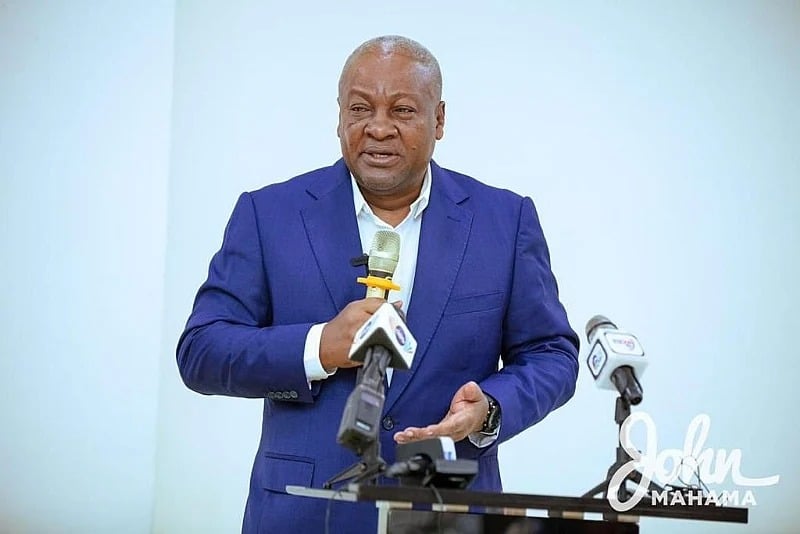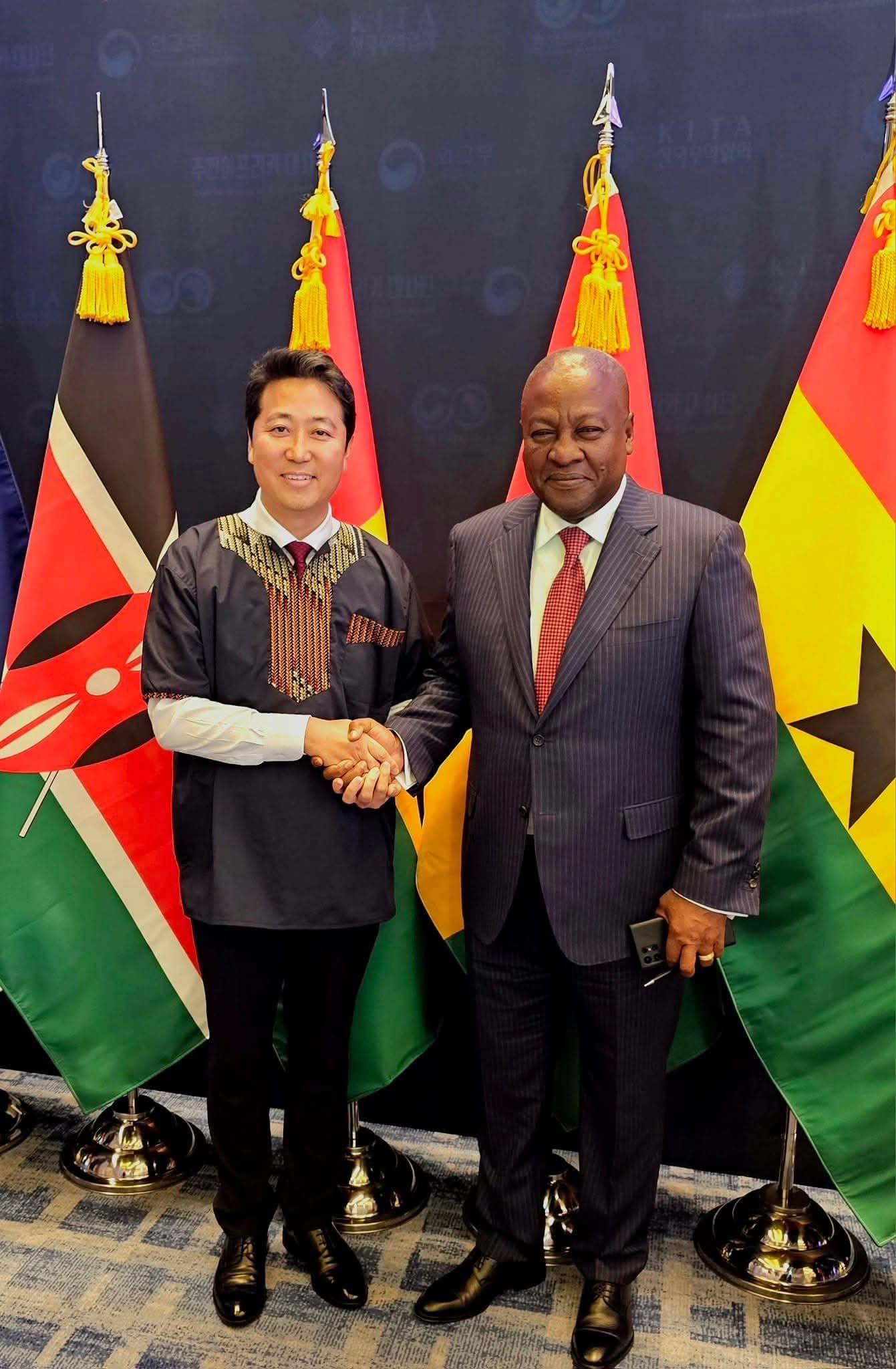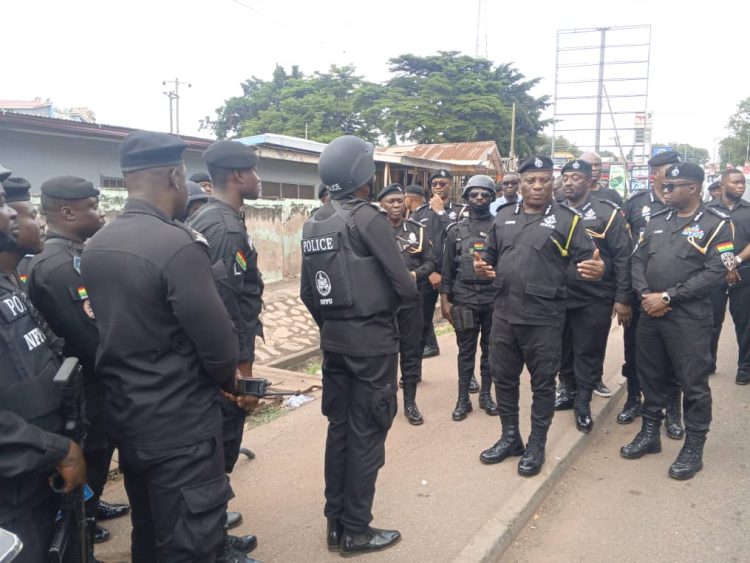President John Dramani Mahama has committed government backing to transform the ABSA Black Star Marathon into Africa’s leading long-distance running event, signaling a broader effort to leverage the race for tourism and international visibility.
Speaking at the 2025 edition of the marathon on Saturday, President Mahama outlined plans for a public-private partnership with headline sponsor Absa Bank and other corporate stakeholders. The initiative, he said, is aimed at expanding the marathon’s reach and commercial viability.
"The Black Star Marathon has become part of Ghana’s tourism experience. We’ve now branded it the 'Black Star Experience'," Mahama said during opening remarks. “By showing up today, I want to demonstrate how important this event is to us.”
The marathon, held annually in Accra, has seen increasing international participation. This year’s race attracted athletes from 28 countries, underlining its growing reputation on the global marathon circuit.
President Mahama acknowledged the dedication of the runners and emphasized the personal challenge the race represents. “I admire all of you who attempt to do it. Run at your own pace—it takes strategy to run a marathon,” he told participants. “Just being part of the experience is an achievement.”
Looking ahead to 2026, Mahama said participants can expect enhanced incentives as government support takes effect. “For those of you who ran competitively, I wish to assure you that with the government working alongside Absa and the sponsors, next year the prize money will be significantly improved across all categories,” he said.
The president also revealed that the marathon has been formally added to Ghana’s official tourism calendar—a move aimed at positioning the event as a cornerstone of the country's sports tourism strategy.
“Government is going to work with Absa to make this the best marathon in Africa,” Mahama said.
The ABSA Black Star Marathon blends elite athletic competition with public health promotion and tourism development. Its expansion reflects Ghana’s broader economic strategy of integrating sport and culture into national branding and soft power initiatives.













